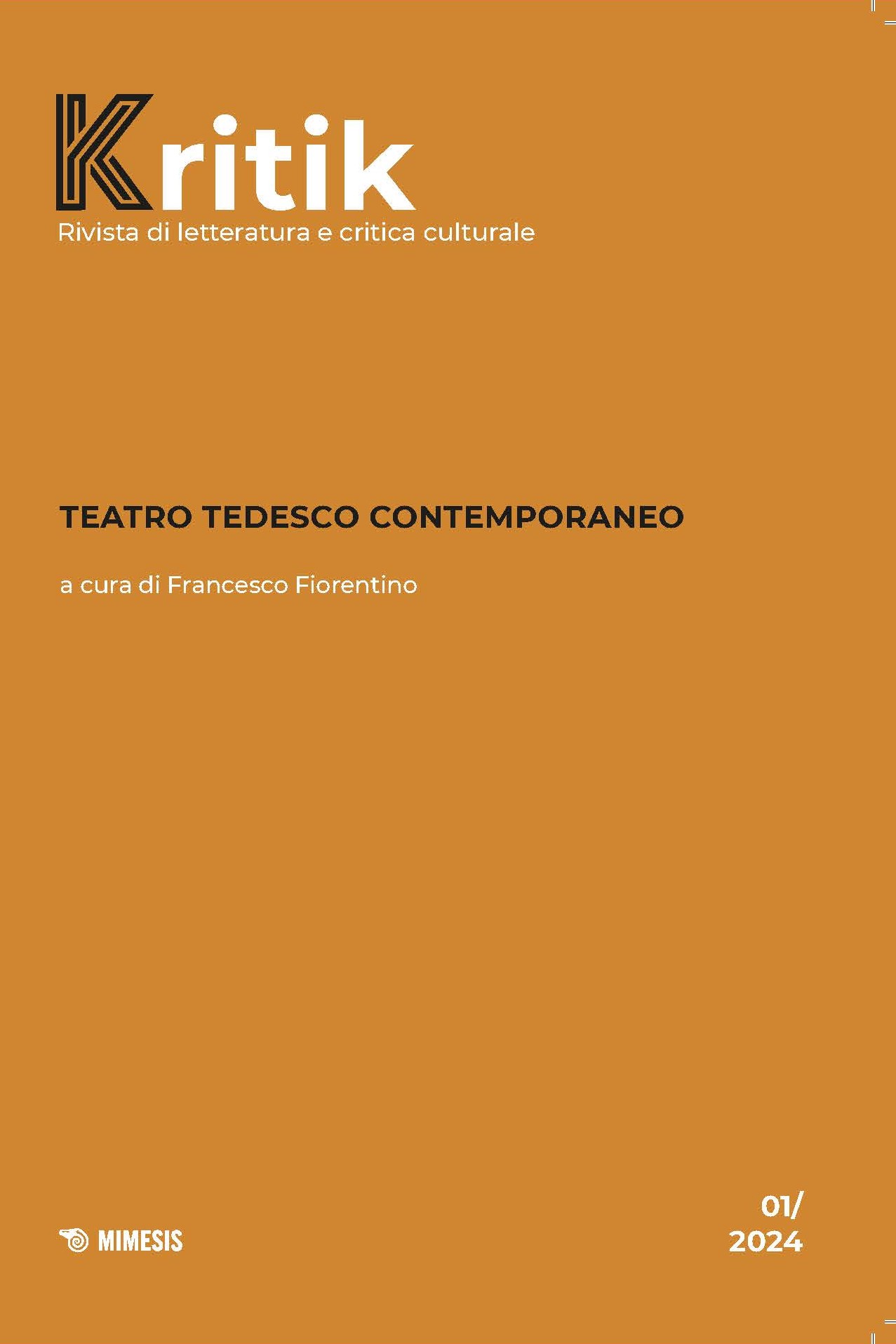Abstract
In the German theatrical debate of recent years, the call for a decolonization of white institutions has become louder. Central to these debates around diverse ensembles, oppressive and offensive language, and blackface has been the thematization of ignorance in the face of population groups constructed as “other.” Both at renowned theater festivals and on social media, protests and discussions took place that also showed a growing sensitivity to German colonial history and its consequences to the present day. Through activist movements, but also artistic works that have sprung up in recent years, it has become evident how homogeneous German municipal and state theaters are in their casts. The present contribution attempts to show what conception of theater and identity lies behind the ambition of the directors of the Maxim Gorki Theater, Schermin Langhoff and Jens Hillje, to free German actors around the world from encasings and classifications and (gender) univocity through an analysis of Sebastian Nübling’s staging of the play Die Verlobung in St. Domingo - Ein Widerspruch. Von Necati Öziri gegen Heinrich von Kleist by Necati Öziri, which makes its debut at the Gorki-Theater on August 30, 2019.

